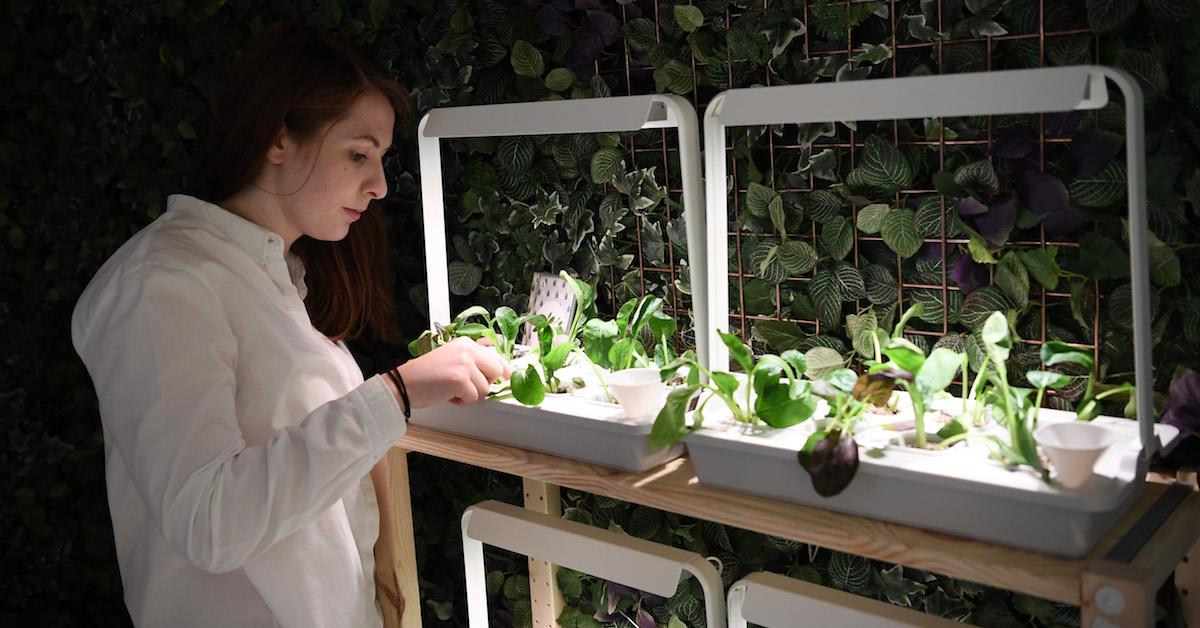
Unlocking Green Potential: Exploring Home Hydroponics Systems
In the quest for sustainable and efficient gardening, home hydroponics systems emerge as a revolutionary approach. By cultivating plants without soil, hydroponics offers a space-saving, water-efficient, and customizable solution for growing a variety of crops right at home.
Understanding the Essence of Home Hydroponics
Home hydroponics systems operate on a simple yet ingenious principle: providing plants with nutrient-rich water directly, eliminating the need for soil. This method not only maximizes nutrient absorption but also allows precise control over environmental factors like pH levels, ensuring optimal conditions for plant growth.
The Versatility of Hydroponic Growing Mediums
Hydroponic systems use various growing mediums to provide physical support for plants. Common mediums include perlite, vermiculite, coconut coir, and rock wool. Each medium offers unique advantages, such as moisture retention or aeration, contributing to the overall efficiency of the hydroponic system.
Nutrient Solution: The Lifeblood of Hydroponics
In lieu of natural soil, hydroponic systems rely on a nutrient solution to nourish plants. This solution contains a balanced mix of essential nutrients required for plant growth. By directly delivering these nutrients to the plant roots, hydroponics ensures efficient absorption, promoting faster and healthier development compared to traditional soil-based gardening.
Types of Home Hydroponic Systems
Hydroponic systems come in various designs, each catering to different space constraints and preferences. Common types include deep water culture, nutrient film technique, and drip systems. Deep water culture suspends plants in nutrient-rich water, nutrient film technique creates a thin film of nutrient solution along plant roots, and drip systems deliver a controlled amount of nutrient solution to each plant.
Space-Efficient Gardening: Ideal for Urban Dwellers
One of the significant advantages of home hydroponics is its space efficiency. Hydroponic setups, whether vertical or horizontal, require less space compared to traditional soil gardening. This makes hydroponics particularly appealing to urban dwellers or those with limited outdoor space, enabling them to enjoy the benefits of home gardening.
Water Conservation: A Key Hydroponic Benefit
Hydroponic systems are designed to be incredibly water-efficient. Unlike traditional gardening, where water may be lost to runoff or evaporation, hydroponics recirculates and reuses water, minimizing wastage. This environmentally conscious approach aligns with the global push for sustainable practices in agriculture.
Year-Round Harvests with Controlled Environments
Home hydroponics allows gardeners to create controlled environments, enabling year-round cultivation. By adjusting factors such as light intensity, temperature, and humidity, hydroponic enthusiasts can simulate optimal growing conditions regardless of external weather patterns. This flexibility contributes to consistent and continuous harvests.
Troubleshooting and Maintenance in Hydroponics
While hydroponic systems offer numerous benefits, they require attentive maintenance. Regular monitoring of nutrient levels, pH balance, and potential pest issues is essential for successful hydroponic gardening. A proactive approach to troubleshooting ensures a thriving and productive hydroponic garden.
Now, for those intrigued by the world of home hydroponics systems, delve deeper into this innovative gardening method by visiting this link. Explore resources and insights to kickstart your journey into hydroponic gardening, turning your living space into a green haven of efficiency and sustainability. With home hydroponics, cultivate not just plants, but a greener and more eco-friendly lifestyle. Visit https://eliteflow.my.id/
